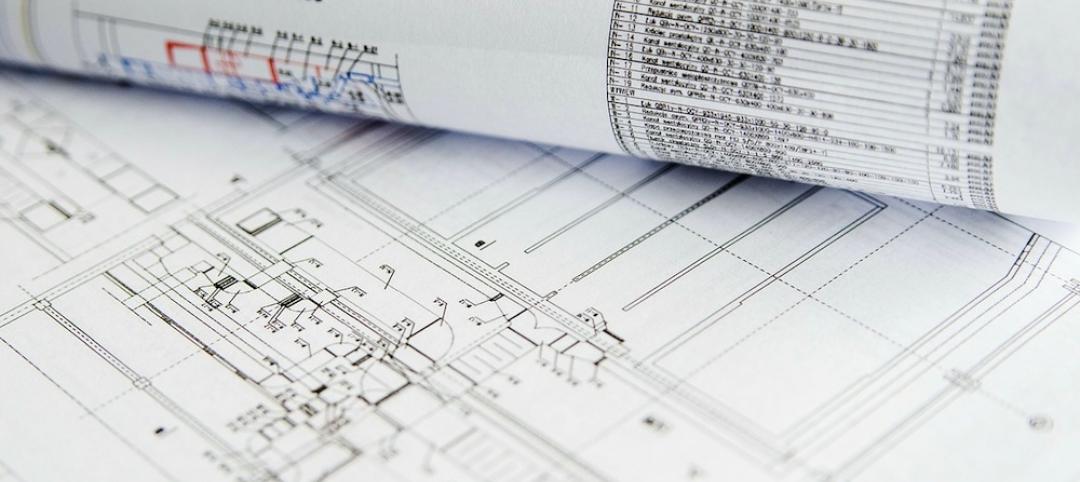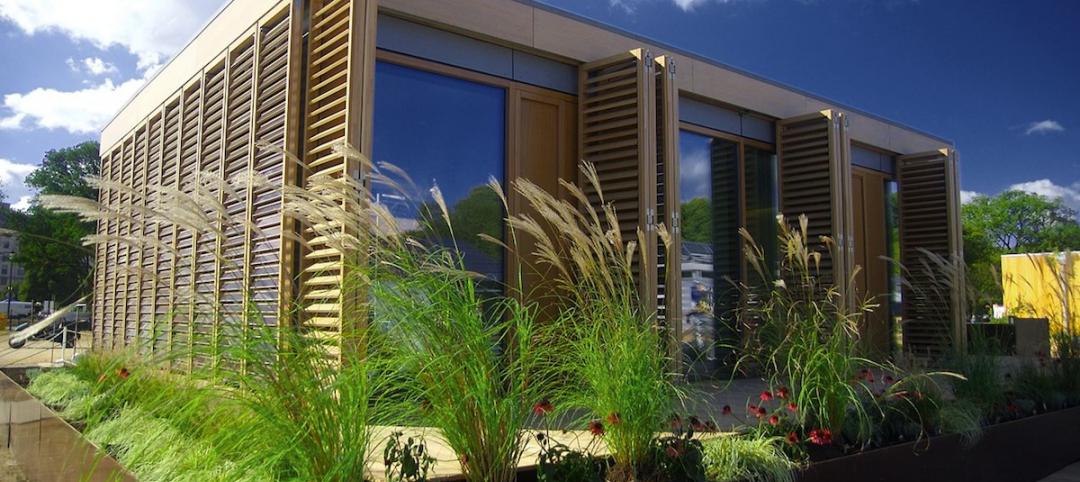The Canada Green Building Council (CaGBC) recently launched the first phase of its Zero Carbon Buildings Initiative.
The new framework is a precursor to the launch of a Zero Carbon Building Standard in spring 2017. Canada is striving to develop more lower-carbon commercial, institutional, and high-rise residential buildings in an effort to reduce greenhouse gases by 30% by 2030.
The Zero Carbon Buildings Framework establishes five key components for evaluating building carbon footprints:
• Greenhouse gas intensity metric for assessing a building’s emissions taking into account regional emissions factors
• Energy intensity metrics to incentivize design of highly efficient, reliable, and resilient buildings
• Peak energy demand metric to encourage the use of peak-shaving measures
• Embodied carbon metric to recognize importance of building material lifecycle impacts
• Requirement that renewable energy be generated on-site or procured directly
Upcoming phases of the Zero Carbon Initiative will include the identification of specific pathways to zero carbon, a zero carbon building pilot program, and the development of a verification program.
Related Stories
Codes and Standards | Jul 31, 2015
AIA, International Code Council reach collaborative agreement on building codes
The deal covers a wide range of initiatives, including code development, compliance, and sustainability.
Codes and Standards | Jul 31, 2015
Report offers urban design recommendations for healthier cities, fewer traffic fatalities
Provides concepts for creating safer streets
Codes and Standards | Jul 31, 2015
2015 gypsum fire resistance design manual released
The 2015 edition contains nearly 100 new systems that supplement existing assemblies for walls and partitions, floor-ceiling systems, area separation walls, and many others.
Codes and Standards | Jul 27, 2015
New York City changing zoning rules to reduce shadows cast by high rises
For decades, the New York City’s zoning rules have made it hard to construct high-rise buildings that seem airy and minimize the shadows they cast. The city planning department is now working to change that.
Codes and Standards | Jul 27, 2015
ICC, ASHRAE outline roles to consolidate IgCC and 189.1
"IgCC Powered by 189.1” will provide the design and construction industry with “the single, most-effective way to deliver sustainable, resilient, high-performance buildings," according to the trade groups behind the agreement.
Codes and Standards | Jul 27, 2015
Tennessee county considers local worker requirement on construction projects
A proposed amendment to the charter governing Nashville and Davidson County would mandate that 40% of work hours on city- or county-funded construction jobs costing at least $100,000 be completed by residents.
Codes and Standards | Jul 27, 2015
New guide for installation of mineral fiber pipe insulation on chilled water systems
Developed for professional insulation contractors, the 36-page guide recommends methods for insulating chilled water piping systems using a vapor-sealed mineral fiber pipe insulation.
Green | Jul 23, 2015
NASA: U.S. headed for worst droughts in a millennium
Data from NASA shows carbon emissions could be the driving force behind devastating water shortages and record droughts in the western U.S.
Multifamily Housing | Jul 16, 2015
Minneapolis relaxes parking requirements on new multifamily buildings
The city cut the number of spots required for large developments by half. It also will accept plans with no parking spaces in certain cases.
Codes and Standards | Jul 16, 2015
Berkeley, Calif., adopts balcony inspection program following deadly collapse
Apartment building balconies will be subject to inspections every three years under new regulations adopted following a deadly collapse.















